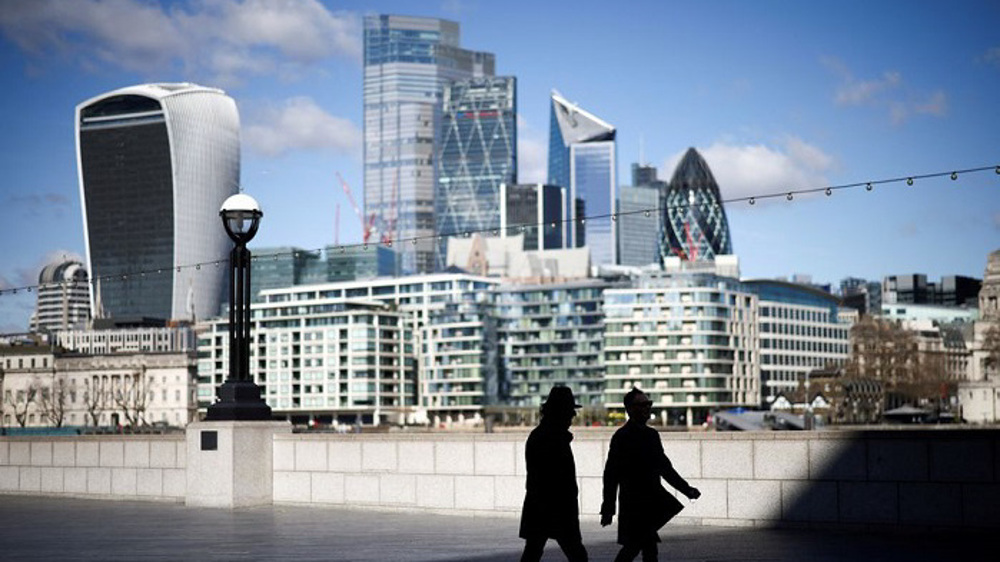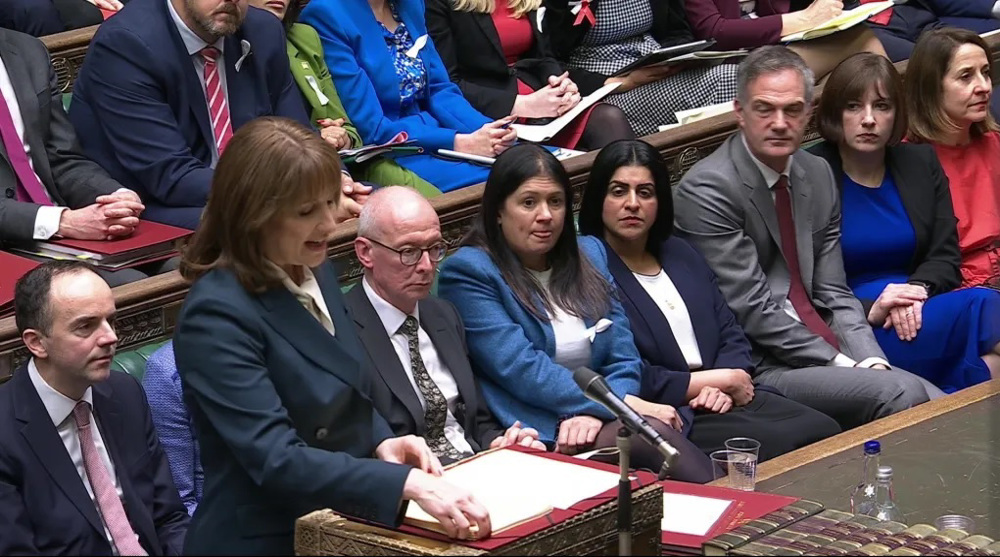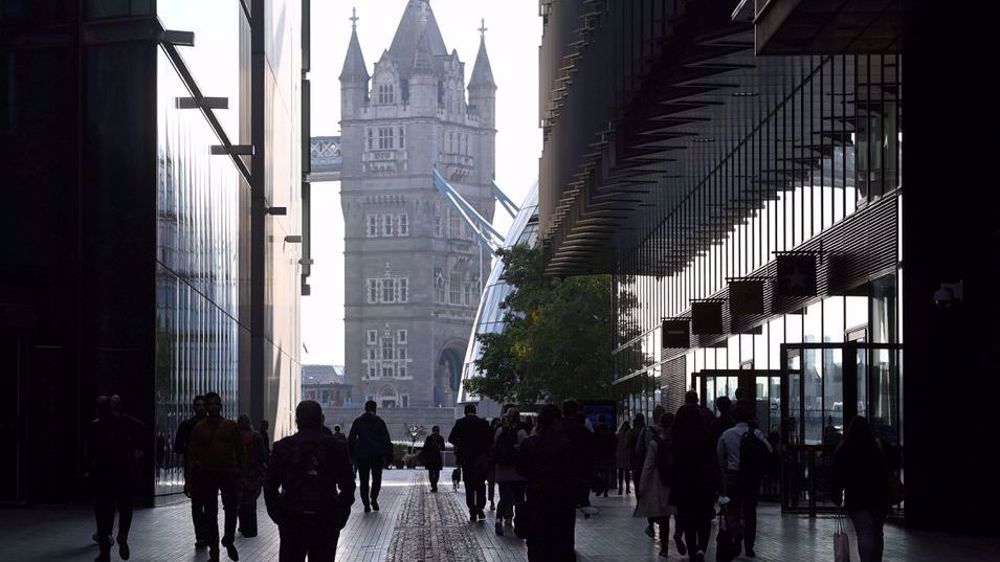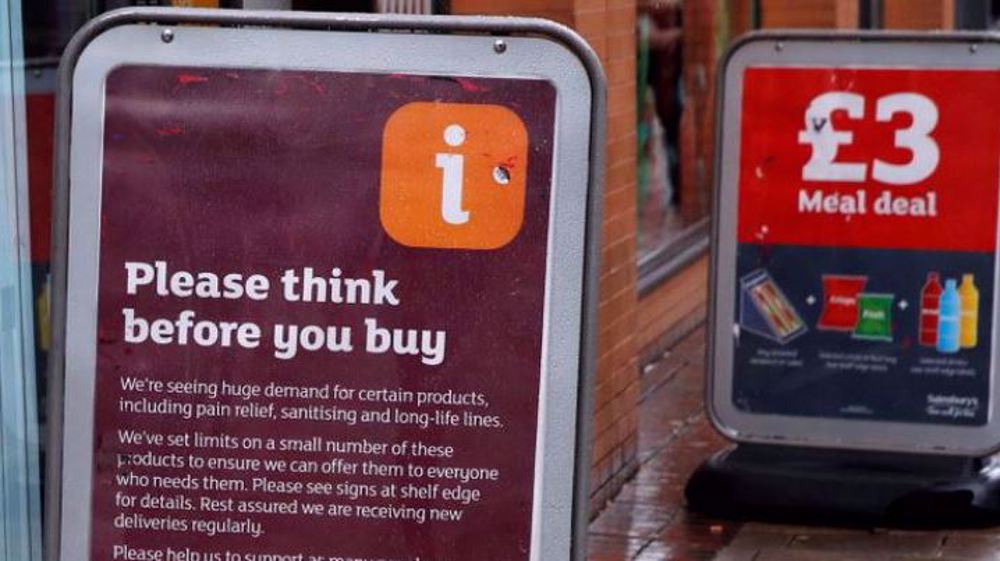UK economy to be in ‘protracted’ recession for all of 2023 amid simmering inflation, NGO predicts
The UK economy has already entered a “protracted recession”, which is set to last until the end of next year, bringing more pressure on Britons, who are already squeezed by sky-rocketing prices, a leading accounting company has warned.
According to the latest UK Economic Outlook, published by KPMG on Monday, the UK economy will shrink by 1.3 percent in 2023, amid continued inflation and higher interest rates.
KPMG, which is an international organization that offers accounting, audit and business advising services to companies worldwide, reckons that the rate of price increases will average 7 percent next year, an upward revision from 5.6 percent in their previous forecasts.
The report further predicted that the UK labor market will start deteriorating from the first half of next year.
It said the rate of unemployment, could reach 5.6 percent by mid-2023, up from 3.7 percent, representing an increase of around 680,000 people.
Read More:
Commenting to KPMG’s report, Yael Selfin, Chief Economist at KPMG UK, stressed that “the increase in energy and food prices during 2022, as well as higher overall inflation, have significantly reduced households’ purchasing power.”
“Rising interest rates have added another headwind to growth. Lower income households are particularly exposed to the mix of current price pressures, as the most affected spending categories largely fall on necessities, with few substitutes in the short run,” he noted.
Selfin also called on Britons to avoid buying discretionary items in 2023 in response to the squeeze on income.
“As consumers cut back on spending, we anticipate a sharp reduction in non-essential categories of spend by those households most affected by the rise in energy and food costs, including spending on eating out and entertainment,” KPMG chief added.
Read More:
The current economic situation in the UK could make it harder for some companies to absorb any potential further economic shocks in the short term, he said, adding that the supply chain pressures are likely to remain an issue in the background.
The development comes after the Bank of England (BoE) increased interest rates to a 14-year high of 3.5 percent, which are expected to reach at least 4 percent by next spring.
This year’s simmering inflation across the UK, initially driven by supply chain breakdowns and then turbocharged by the energy crisis, has seen prices jump by 10.7 percent.
Meanwhile, the UK's economic crisis has prompted various groups in society to take industrial action, going on strike for higher wages to cover the soaring rate of inflation.
The work force in different industries are seeking better conditions in order to cope with the country’s worst cost-of-living crisis in generations.
VIDEO | Tehran tax administration building destroyed in organized arson, explosion
National unity will block threats to Iran’s territorial integrity: Intelligence minister
VIDEO | Israel-US scheme for Gaza
VIDEO | Iraqi parliament delays vote to elect new president
VIDEO | Gaza City still thirsty due to Israeli attacks, restrictions
VIDEO | Yemen discloses 'Red Sea Missile' amid shifting regional deterrence
Iranian drone swarms pose ‘credible threat’ to US naval assets: Expert
Israeli attacks kill four civilians in Gaza amid ceasefire violations


















 This makes it easy to access the Press TV website
This makes it easy to access the Press TV website